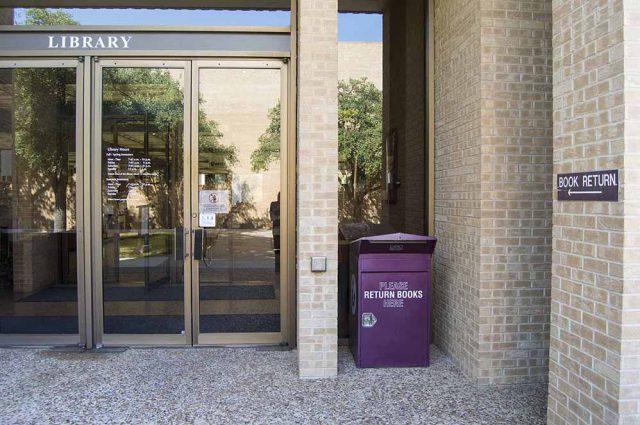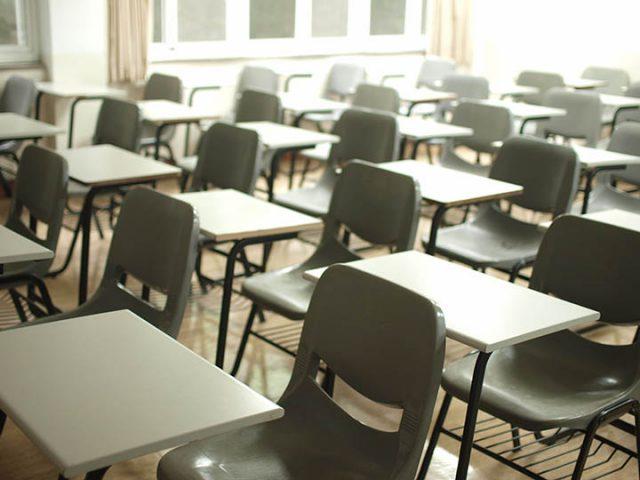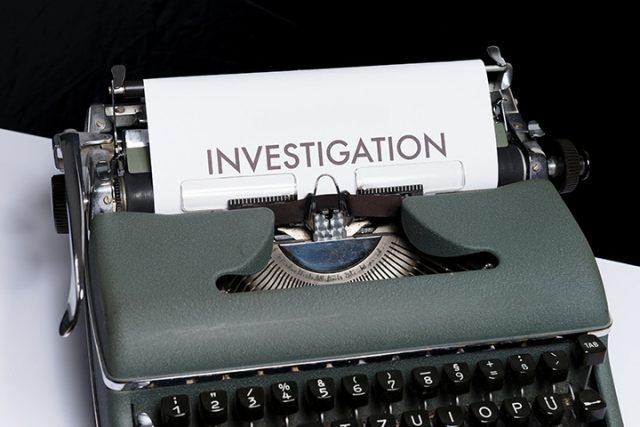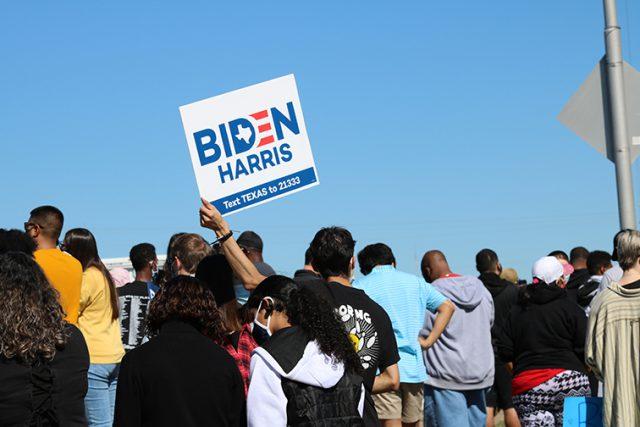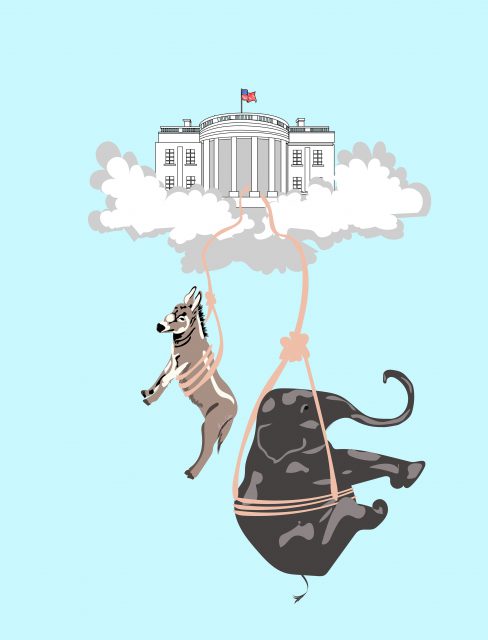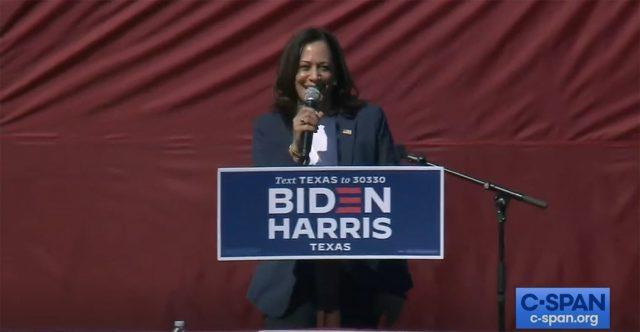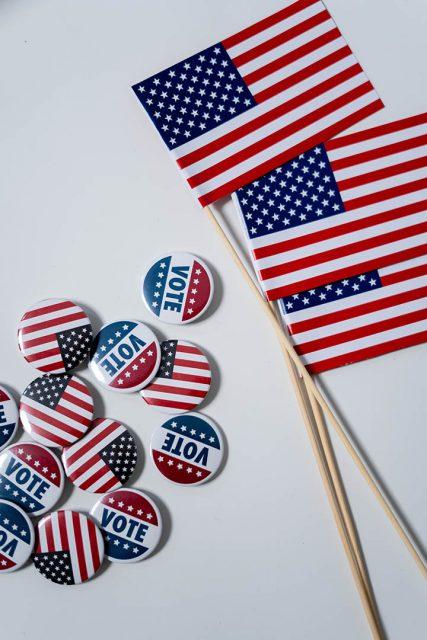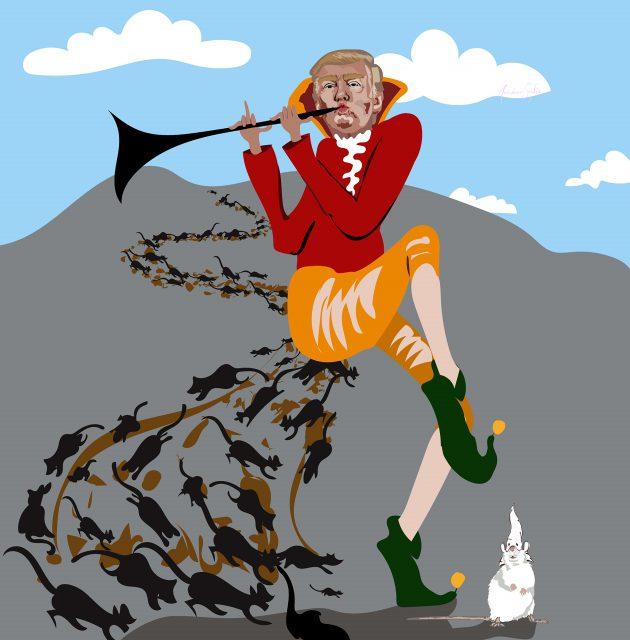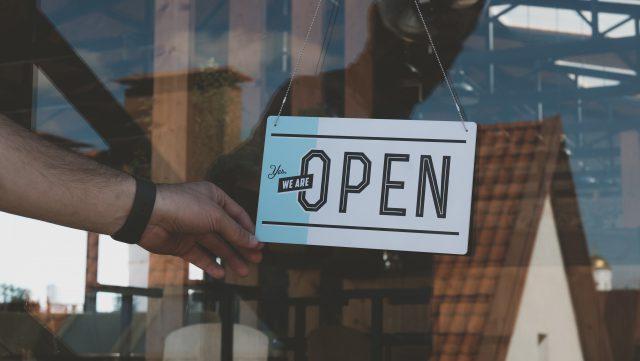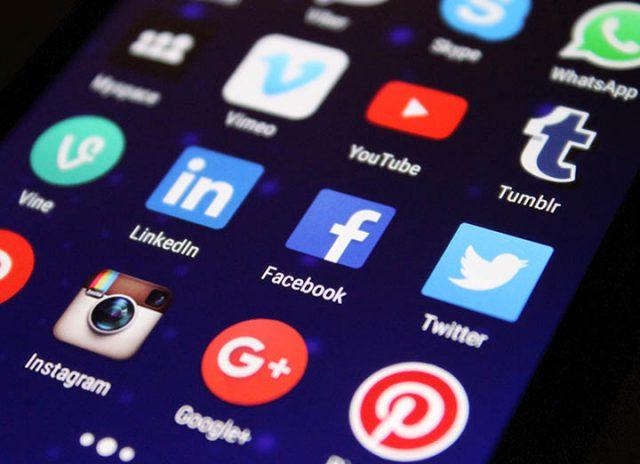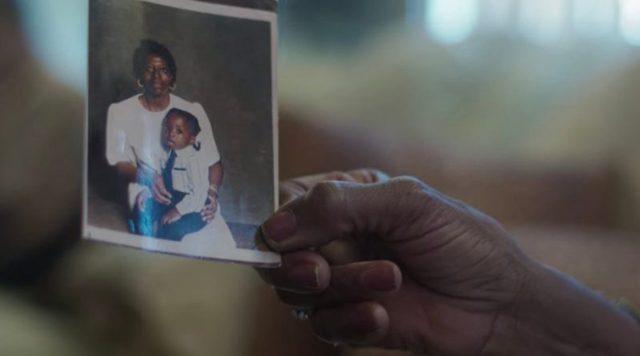ALYSON OLIVER
campus edito
To think the fight for LGBTQ equality is over would be misguided.
The 2020 election will play a part in determining the future of LGBTQ rights. Since the 2016 election, permissions to discriminate have been placed above the rights of LGBTQ people.
GLAAD, formerly Gay & Lesbian Alliance Against Defamation, has gathered examples of this in a list called the Trump Accountability Project, including several revocations of LGBTQ rights and protections.
According to GLAAD, the Equality Act, which would protect LGBTQ people against discrimination when it comes to things like housing, employment and health care, received opposition from the Trump Administration.
Transgender people in the military are now made to choose between service and receiving gender-affirming medical treatment, according to a report by NBC News, barred from serving openly even though this has not caused problems in the past.
And Trump has no problem cozying up with anti-LGBTQ activists and even nominating them for positions of power, according to GLAAD.
The list goes on.
Hate crimes have increased under Trump’s leadership including those targeting LGBTQ people. This especially impacts transgender women of color, according to the Human Rights Campaign. Lives have been lost.
Despite his claims, Trump is no champion for the LGBTQ community.
It is disappointing to still see hate and false information regarding LGBTQ people to this day. Many ideas, such as the invalidation of transgender and nonbinary identities, and the notion that one’s sexual orientation is a choice, have been debunked.
Biden has said he would take steps in the right direction if elected president, such as passing the Equality Act, making treatment more accessible for people with HIV and AIDS and championing LGBTQ rights across the world.
Regardless of which candidate wins, it’s important that LGBTQ people and allies alike keep up the advocacy – for LGBTQ rights, for racial justice, for reproductive rights and more.
























